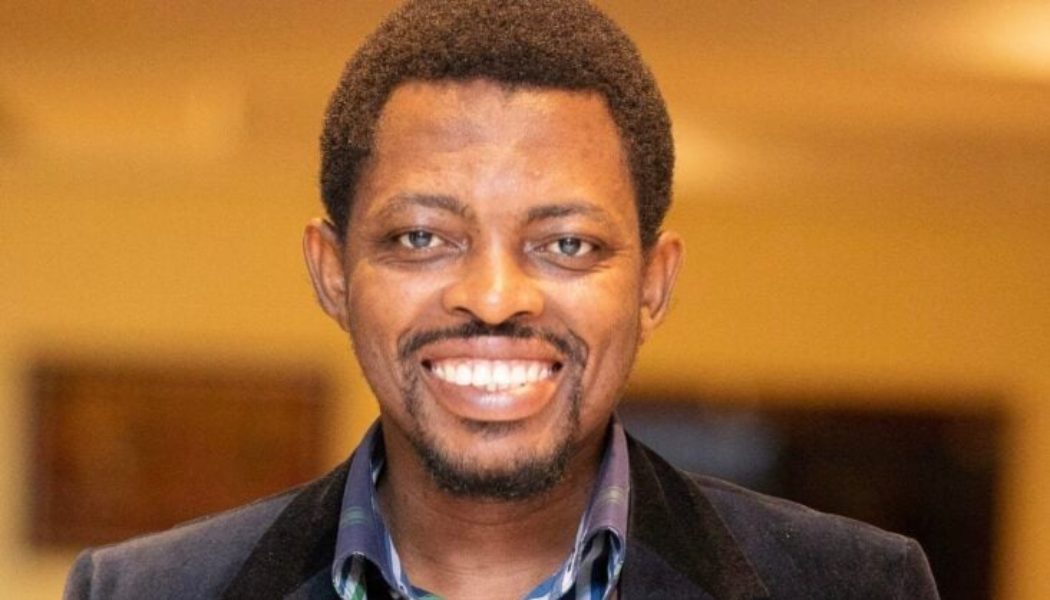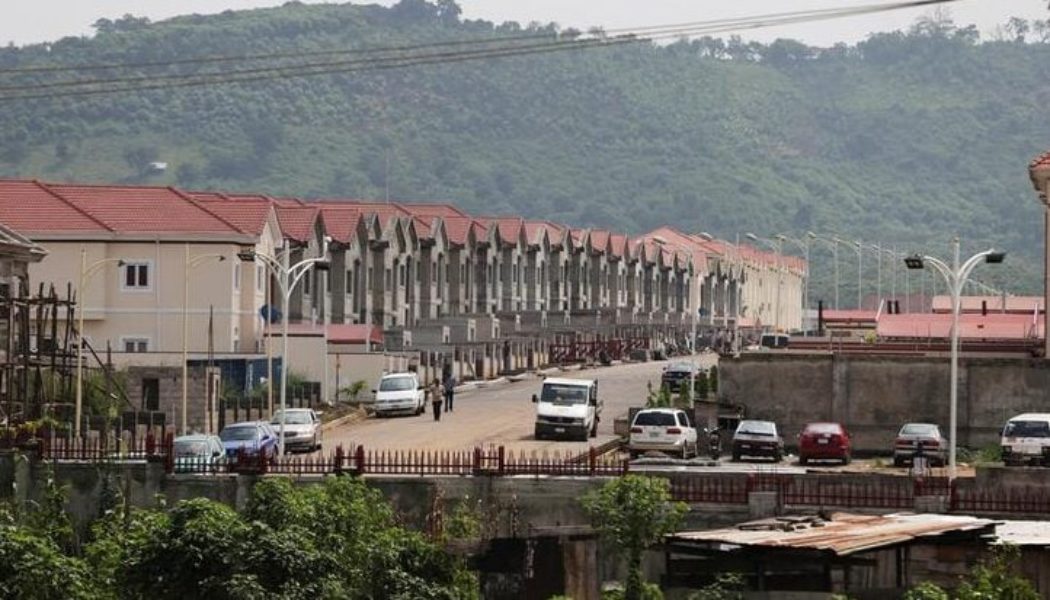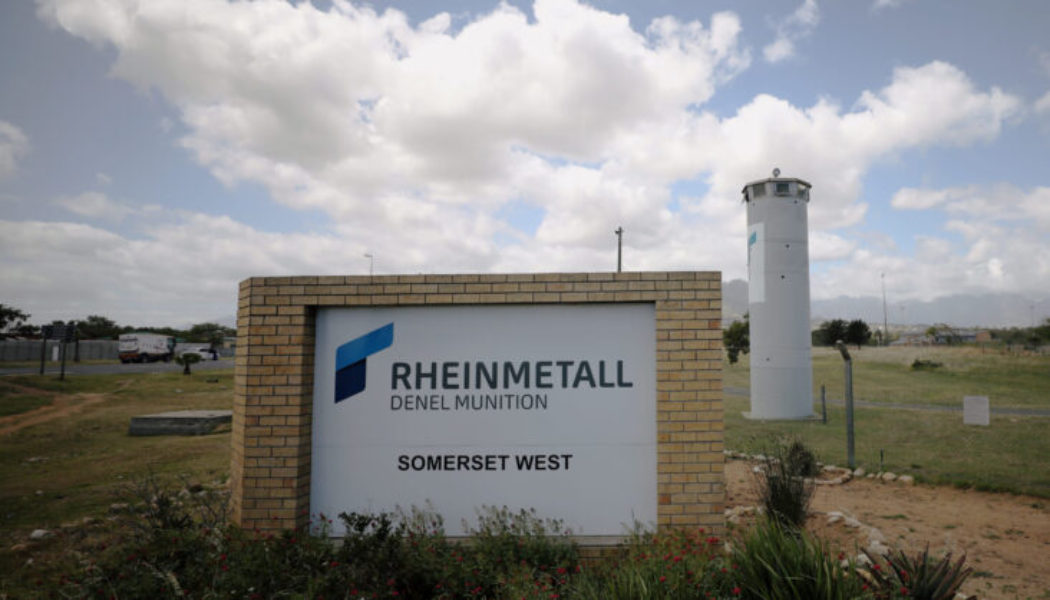naija politics
The world needs a great legal reset to address post-Covid challenges
Even before the Covid-19 pandemic, access to justice for two-thirds of humanity, particularly women and the poor, was a mountain to climb. As the virus struck, the world was thrown into chaos and any chance of reaching that summit was swiftly stolen, vanishing like the Himalayan peaks amidst a storm. The devastating impact of Covid-19 has forced us to confront a system stretched beyond its limits and left us with unmanageable backlogs. Source
South Africa: Uncertain fate of refineries a risk to local economy, says SAPIA
South Africa’s oil industry is at a crossroads, which could tip the scales from self-reliance to import dependence, posing a threat to the domestic economy and security of supply, warns the SA Petroleum Industry Association (SAPIA). Source
Data centres: Google and Amazon propel African players into the big leagues
“How dare you call yourself a hyperscaler when you don’t host any data yourself?” says Nic Rudnick, the British deputy chief executive officer and managing director of Cassava Technologies. His tone is calm, his attitude far from aggressive, but the question resounds like a jolt of anger from the coldest parts of his home country.
Zimbabwe: Will ex-deputy president Kembo Mohadi come back in 2023?
When President Emmerson Mnangagwa re-appointed former vice president Kembo Mohadi as the deputy president and second secretary at the recent Zanu PF elective congress, it was a strong indication that despite a sex scandal involving Mohadi, he is likely to come back next year should his boss win the 2023 general election. Source
Zimbabwe: Will ex-deputy president Kembo Mohadi come back in 2023?
When President Emmerson Mnangagwa re-appointed former vice president Kembo Mohadi as the deputy president and second secretary at the recent Zanu PF elective congress, it was a strong indication that despite a sex scandal involving Mohadi, he is likely to come back next year should his boss win the 2023 general election. Source
‘Ghana can learn from Nigeria for growth of film industry,’ says Peter Sedufia
Ghana and Nigeria have always had a healthy competition, which dates back to decades ago. Unlike Ghana, however, Nigeria’s industry has fast evolved to become globally competitive, enjoying the number two spot in the world after Bollywood in terms of the number of productions. In an interview with The Africa Report, filmmaker Peter Sedufia explains why. Source
‘Ghana can learn from Nigeria for growth of film industry,’ says Peter Sedufia
Ghana and Nigeria have always had a healthy competition, which dates back to decades ago. Unlike Ghana, however, Nigeria’s industry has fast evolved to become globally competitive, enjoying the number two spot in the world after Bollywood in terms of the number of productions. In an interview with The Africa Report, filmmaker Peter Sedufia explains why. Source
‘Ghana can learn from Nigeria for growth of film industry,’ says Peter Sedufia
Ghana and Nigeria have always had a healthy competition, which dates back to decades ago. Unlike Ghana, however, Nigeria’s industry has fast evolved to become globally competitive, enjoying the number two spot in the world after Bollywood in terms of the number of productions. In an interview with The Africa Report, filmmaker Peter Sedufia explains why. For Sedufia, the week started off with quite an intense pace. It was not until midweek, when things seemed to have slowed down, that we were able to catch up with him via Zoom for a chat about Ghana’s film industry. To understand the current situation, it is important for us to give some context: Ghana comes second to Nigeria in terms of the number of movies produced annually, but the gap is wide. Nigeria produces about 2,600 movies a year ...
Nigeria: Purple close to debt guarantee from InfraCredit as part of real estate IPO
The company is seeking to raise about N30bn ($68m), comprising N20bn in debt and N10bn in equity. The debt, which will be in two tranches of N15bn and N5bn, will be used to expand, while the equity from the IPO will be used to keep leverage down. Talks with Infracredit are “close to closure,” Agboola says. The IPO, for which Kairos Capital is the lead issuer, opened on 21 November and runs until 23 December.
South Africa: Denel stakes turnaround on Treasury injection
“The funding is critical,” Saloojee told lawmakers on 16 November 2022 during a briefing about Denel’s turnaround plan. “Denel, [as] the custodian of strategic and sovereign capabilities, gives us … strategic independence and security of supply.”
South Africa: Denel stakes turnaround on Treasury injection
The decline of Denel would compromise South Africa’s strategic independence, says chief restructuring officer (CRO) Riaz Saloojee, making the timely disbursal of the R3.4bn ($196m) lifeline thrown to the entity critical. Source
How Meloni’s video uses the distress of Africans to play into EU’s debates to block migrants
In a video unearthed after her accession to power, Giorgia Meloni, the current president of Italy’s ministerial council, criticises France’s policy in Africa. Source







